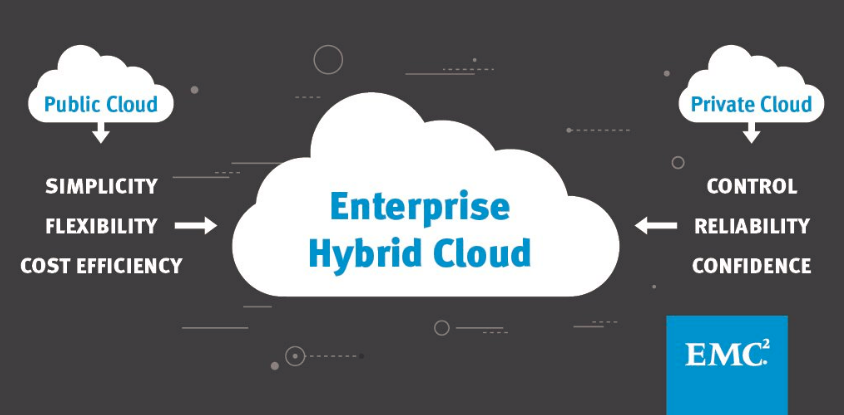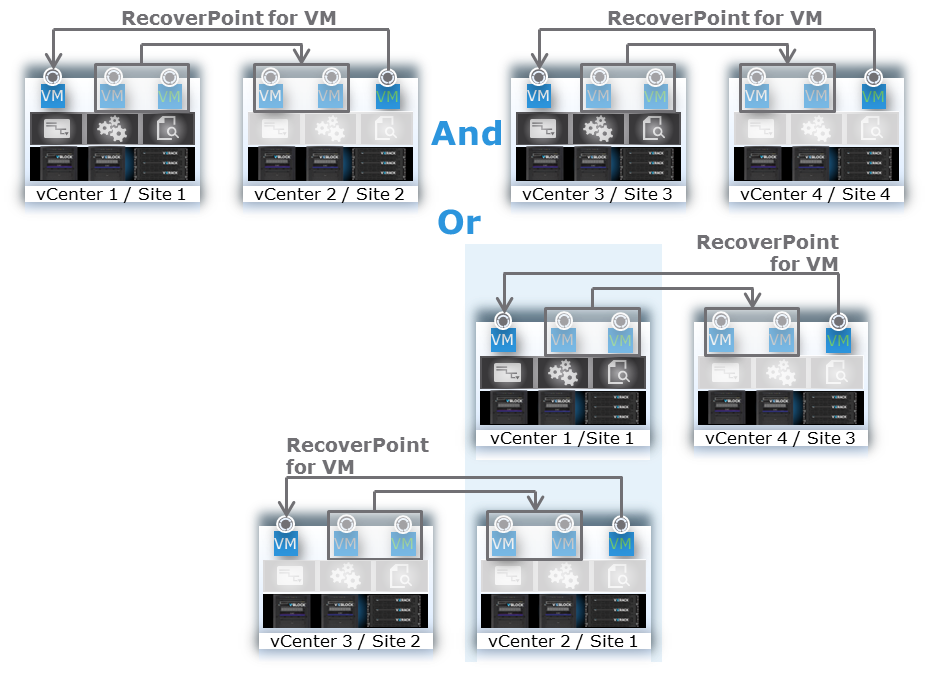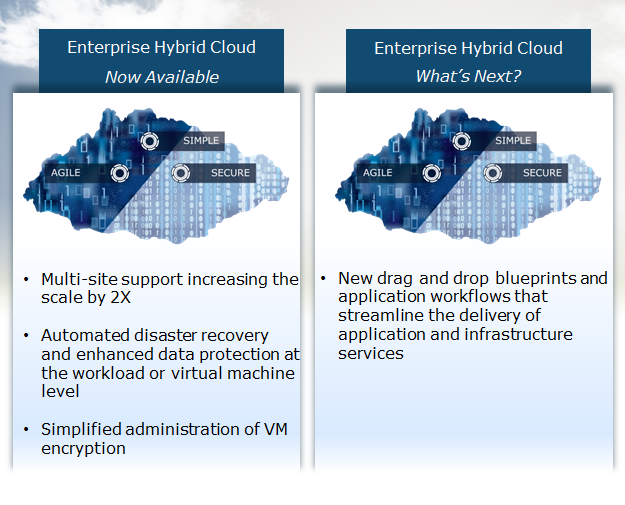In today’s digital era innovation never ceases. Customers expect frequent improvements and application iterations on a daily basis. We hold our developers to the same standards, which is why we are announcing the latest release of our Enterprise Hybrid Cloud today.
The hybrid cloud platform was designed to allow customers to focus on driving business value thanks to automated infrastructure services, workflows and application blueprints. To put today’s announcements into perspective, place yourself in the shoes of a hypothetical IT manager named John working for a national athletic club. Your IT team is developing a new application with class schedules, calorie expenditure trackers, payment portals, and more to differentiate the brand from competition. The company started with several local gyms and grown to an Enterprise company with tens of thousands of customers with multiple data centers across the country.
How will upgrading to the latest version of the Enterprise Hybrid Cloud help?
- Enterprise Hybrid Cloud has increased data center support by 2X
We learned a 2 site strategy was only the beginning of our customers’ hybrid cloud journey, so we’re doubling the data center support of Enterprise Hybrid Cloud.
With the gradual growth of John’s fitness company, several data centers popped up in various states to support expansion. Now, he can bring IT operations for up to 4 sites under one roof and centrally manage the hybrid cloud platform via a single self-service portal. He can transition even more applications into a hybrid cloud consumption model further unifying the company’s IT strategy.
- Change Data Protection Policies at any time
Application workload requirements rarely stay constant, nor does each workload call for the same policies. Now, existing backup policies can now be adjusted across multiple sites at any time throughout the lifecycle of a workload – making it easy to adjust service levels as workload requirements change.
- Granular Protection with RecoverPoint for Virtual Machines
The latest release also provides support for RecoverPoint for Virtual Machine protection. This gives users the ability to protect individual workloads from a disaster and roll back to any point in time for either a single Virtual Machine or a consistency group or site thanks to improved granularity and continuous replication. Topology options also allow him to replicate workloads from one vCenter to another.
- Enhanced virtual machine encryption services
In the previous release, John could encrypt data within a virtual machine at provisioning time. With the latest release, he benefits from “day 2 operations” for encryption services with the ability to add or remove encryption for Virtual Machines on-demand. John now checks the workload’s encryption status directly from the cloud self-service portal.
The integration with CloudLink SecureVM has been also improved with the new vCenter Orchestrator plugin and workflows, so the same Virtual Machine templates for encrypted and non-encrypted workloads can be reused.
At the end of the day, upgrading the Enterprise Hybrid Cloud gives end users direct access to the IT resources they need without delay. With a, streamlined IT operations process John no longer needs to spend time picking up tasks from a queue and pertaining to them manually in multiple management interfaces. Simplicity has been taken to a new level.
What’s next for Enterprise Hybrid Cloud?
For new customers, a new version will be generally available later this year providing support for VMware’s vRealize Automation 7’s new user interface. This single unified canvas gives users more of what they already love, plus great new features that will radically streamline your entire implementation strategy reducing the time it takes to get things up and running. IT Admins and App Admins both benefit from improved operational efficiency.
Business demands change on a regular basis and in today’s competitive IT environment, time is money. EMC Global Services accelerates time to value for Enterprise Hybrid Cloud with a comprehensive portfolio of services to speed adoption including newly enhanced Implementation Services. Operating model services help customers define and build the roles and processes to evolve from a technology-siloed IT organization to a services-oriented operating model.
Optimizing existing infrastructure and processes reduces costs and accelerates IT service delivery without sacrificing reliability. Time and money can be reallocated towards the next big thing, like John’s fitness application that will set his company apart from the rest!
To learn more, visit our Enterprise Hybrid Cloud resources:
- Interactive demos available on EHC Demo
- Enterprise Hybrid Cloud homepage
- EMC Cloud Community at Everything Cloud at EMC



